MANILA, May 2: Asian countries sought on Friday to tame the spiralling rice prices with Thailand proposing an Opec-style cartel for exporters and the Philippines shoring up supplies while aiming to end its status as the world’s largest importer.
The moves came as prices for rice and other food staples have been rising rapidly around the world, sparking violent protests in Haiti and Egypt along with concerns of unrest elsewhere amid profiteering and hoarding.
The sudden crisis – the price of rice has more than tripled since January – has experts calling for major changes in food production to improve crop yields and cut waste.
“The world has come together in the past,” said Robert Zeigler, director-general of the International Rice Research Institute in Los Banos, Philippines. “I think they could come together again to make sure that humanity has enough to eat. We just need the political will.”
Zeigler’s comments came as President Gloria Macapagal Arroyo visited the institute, underscoring the need to show a grumbling public that the government is doing something to deal with the rice prices and stock. Arroyo has ordered a crackdown on speculators and angrily demanded to know why more people haven’t been arrested.
Thailand, the world’s biggest rice exporter, said it wants to form an Opec-style cartel with Laos, Myanmar, Cambodia and Vietnam to give them more control over international rice prices.
“Though we are the food centre of the world, we have had little influence on the price,” Thai government spokesman Vichienchot Sukchokrat said. “With the oil price rising so much, we import expensive oil but sell rice very cheaply, and that’s unfair to us and hurts our trade balance.”
Laos foreign ministry spokesman Yong Chanthalansy said on Friday his country would “seriously consider” the idea, saying a cartel would give the five countries “bargaining power.”
Cambodia, which in the past has championed the rice cartel idea, also welcomed the latest proposal and said it was a “necessity” given the global food crisis.
“By forming an association, we can help prevent a price war and exchange information about food security,” Cambodia’s chief government spokesman Khieu Kanharith said.
But the rice institute’s Zeigler said it would be difficult to apply the Opec model to rice.
“Rice is grown by millions of farmers in one, two, three hectares (acres) of land. Oil is produced by a few multinational companies in a few countries,” Zeigler said. “So I think the differences are so large as to make any comparison between the two wild fantasies.”
He would prefer to see a world buffer stock.
“If we stay at the status quo, we will always be battling shortages, and that is completely unacceptable,” Zeigler said.
Chookiat Ophaswongse, president of the Thai Rice Exporters Association, said any rice cartel would have little impact because it would exclude big producers like India and Pakistan.
“When there is a crisis with rice, they (the government) talk about this cartel. It has never happened and I don’t think it will,” Chookiat said.—AP















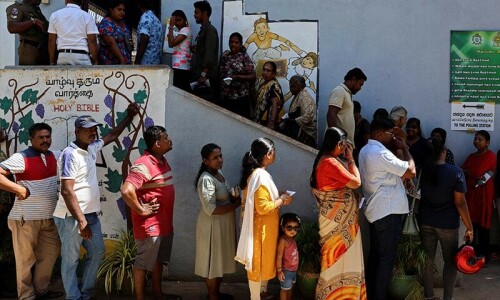






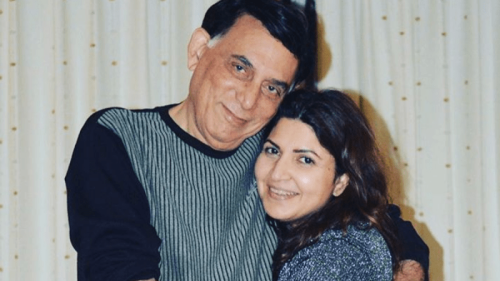
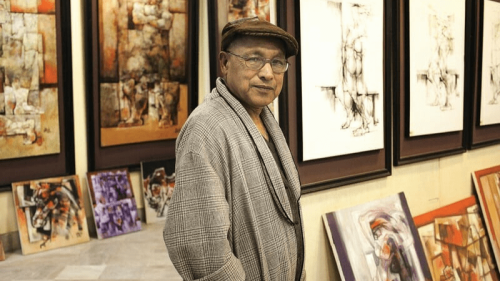










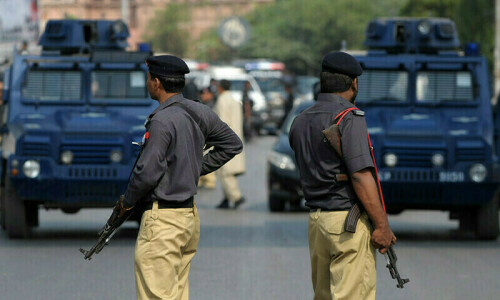









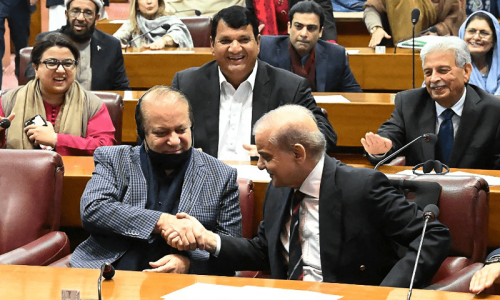
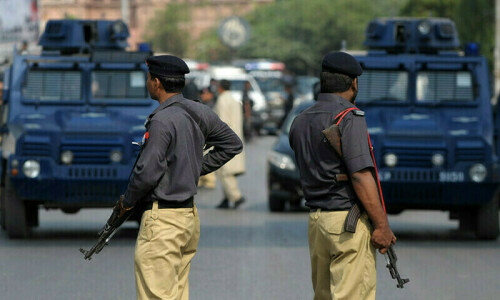


Dear visitor, the comments section is undergoing an overhaul and will return soon.